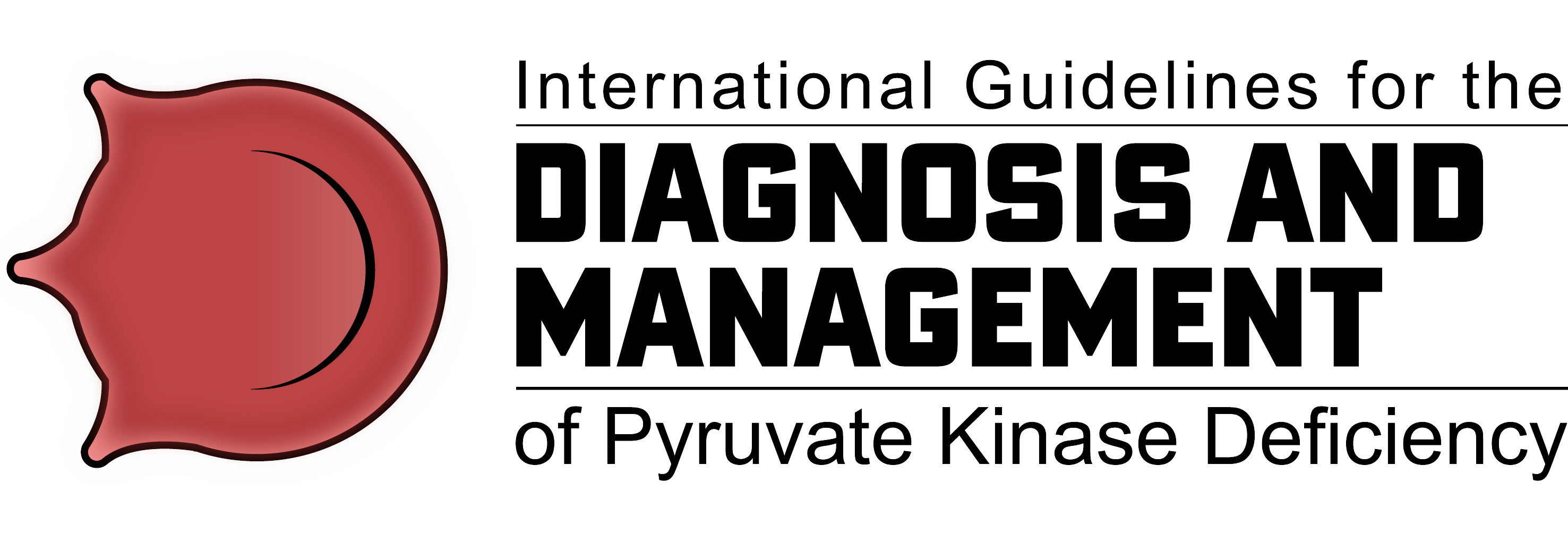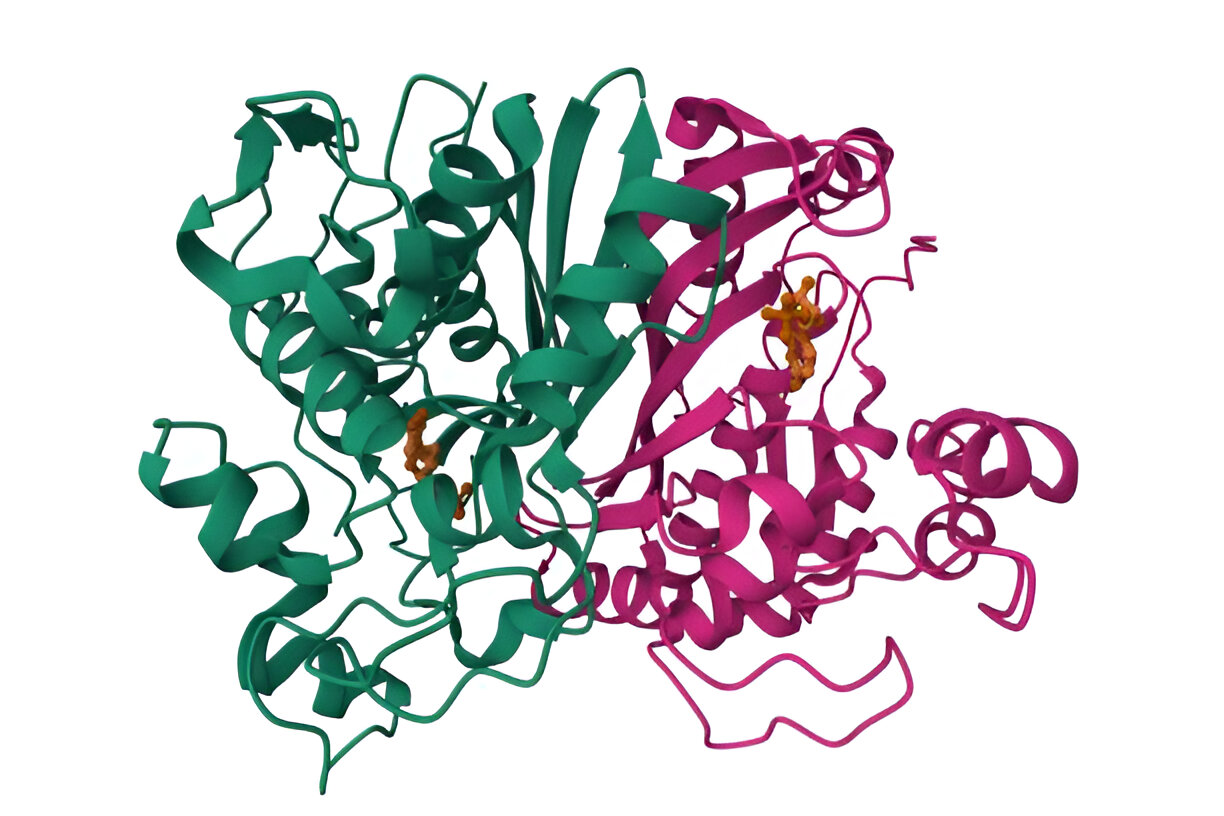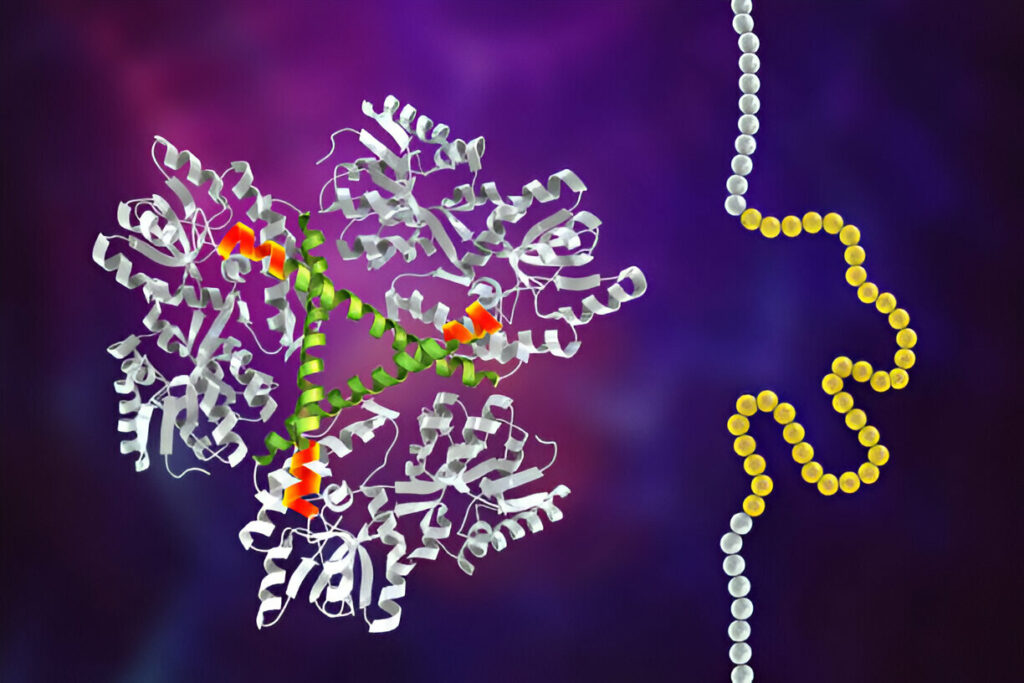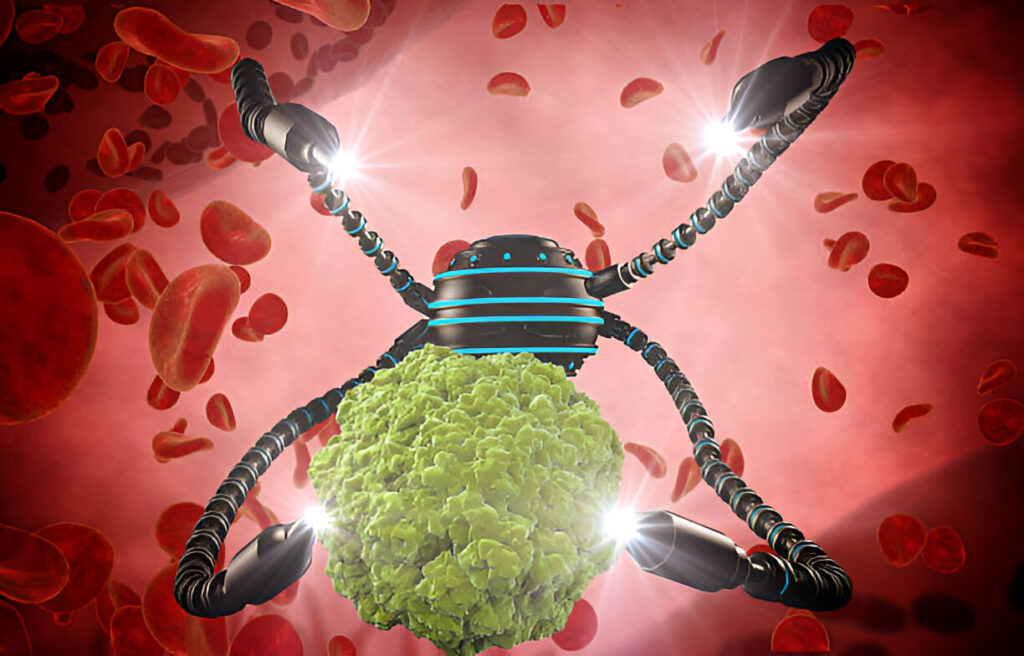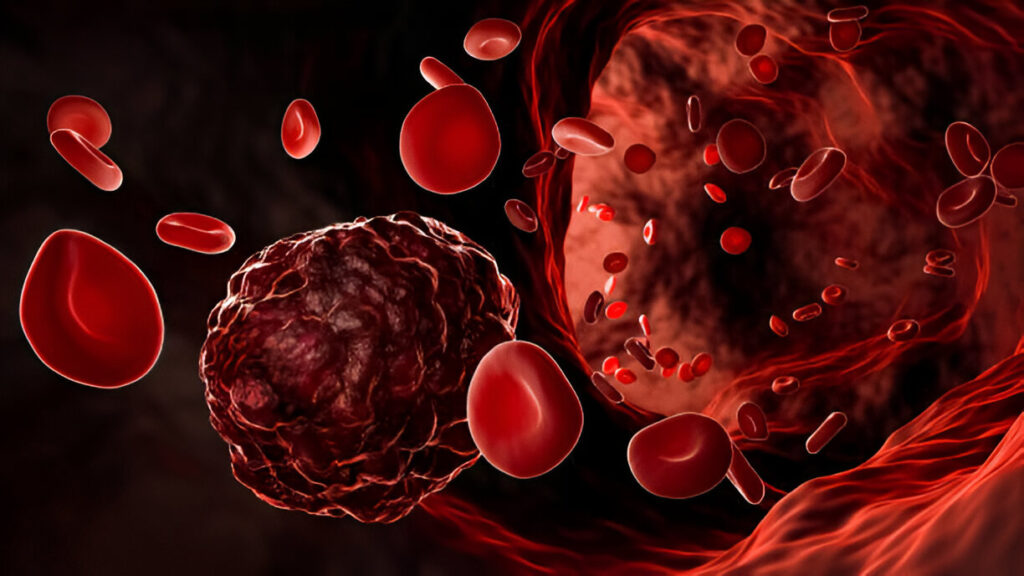Kinases are essential enzymes that regulate countless biological processes. Without them, our cells would struggle to function properly. These enzymes act as molecular switches, turning cellular processes on or off as needed. In this blog, we’ll explore the significance of kinases, their role in cellular activity, and how they impact health and disease. Additionally, we’ll delve into the relationship between kinases and specific genetic conditions.
The Enzymatic Powerhouses
Kinases are a type of enzyme that facilitates phosphorylation, a critical biochemical process. Phosphorylation involves the transfer of a phosphate group from a molecule like ATP (adenosine triphosphate) to a target molecule, usually a protein. This process modifies the target protein’s activity, often activating or deactivating it.
This seemingly simple mechanism has far-reaching effects. It allows kinases to regulate cellular functions like metabolism, growth, and communication. Kinases ensure that cells respond appropriately to external and internal signals. For instance, they play a role in signal transduction pathways, which allow cells to perceive and react to changes in their environment.
Kinases and Energy Production
Energy production is one of the most vital functions in the human body, and kinases are at its core. A specific kinase, pyruvate kinase, is central to the glycolysis process. Glycolysis breaks down glucose into pyruvate, releasing energy in the form of ATP.
When pyruvate kinase works as it should, cells receive a steady supply of energy. This energy powers everything from muscle contractions to brain activity. However, when pyruvate kinase function is impaired, problems arise. Individuals with pyruvate kinase deficiency experience symptoms like fatigue, jaundice, and anemia.
This condition highlights how crucial kinase activity is. Even a small disruption can significantly impact the body’s energy balance, affecting overall health and quality of life.
Kinases in Cellular Communication
Kinases also play a vital role in how cells communicate with each other. They act as messengers in signal transduction pathways. These pathways involve a chain of events that relay signals from the cell surface to the nucleus. This allows cells to respond to hormones, nutrients, and other stimuli.
For example, insulin signaling depends on kinases. When you eat, insulin binds to receptors on your cells. This activates a cascade of kinase-driven events that help your body absorb and use glucose. If this process fails, conditions like diabetes can develop.
Kinases and Cell Survival
Cell survival relies heavily on kinases. These enzymes help regulate processes like apoptosis, the programmed death of cells. Apoptosis is essential for removing damaged or unnecessary cells. Kinases ensure that this process occurs at the right time.
When kinase regulation is disrupted, the consequences can be severe. Overactive kinases may prevent damaged cells from dying, which can lead to cancer. On the other hand, underactive kinases may trigger excessive cell death, contributing to degenerative diseases like Alzheimer’s.
The Genetic Connection: Pyruvate Kinase Deficiency
Genetics heavily influence kinase function. Family pyruvate kinase deficiency is a prime example. This condition is caused by mutations in the PKLR gene, which encodes the pyruvate kinase enzyme.
Individuals with this deficiency cannot produce enough functioning pyruvate kinase. This affects red blood cells, which rely on glycolysis for energy. Without sufficient energy, red blood cells break down prematurely, leading to hemolytic anemia.
Pyruvate kinase deficiency symptoms can vary. Some people experience mild fatigue, while others face severe complications like gallstones or an enlarged spleen. Early diagnosis and management are crucial for improving outcomes.
Kinases and Disease Development
When kinases don’t work correctly, diseases often follow. Abnormal kinase activity is linked to conditions ranging from cancer to metabolic disorders.
Cancer is one of the most well-studied examples. Some kinases promote cell division. When these kinases become overactive, they encourage uncontrolled cell growth. This leads to tumor development. Kinase inhibitors, drugs designed to block these overactive enzymes, are now a cornerstone of cancer treatment.
Advances in Kinase Research
The field of kinase research is rapidly evolving. Scientists are uncovering new roles for these enzymes and developing innovative treatments. One area of focus is kinase inhibitors. These drugs are designed to block specific kinases involved in disease progression.
Kinase inhibitors have revolutionized cancer treatment. They target overactive kinases in tumors, slowing or stopping their growth. Unlike traditional chemotherapy, kinase inhibitors are more precise. They minimize damage to healthy cells, reducing side effects.
Research is also exploring how they influence other diseases. For example, scientists are studying their role in neurodegenerative disorders like Parkinson’s and Alzheimer’s. Understanding these connections could lead to groundbreaking treatments.
The Future of Kinase-Based Therapies
The future of kinase-based therapies looks promising. As researchers learn more about these enzymes, they’re developing drugs that are increasingly targeted. Personalized medicine is one exciting possibility. Doctors could tailor treatments based on a patient’s unique kinase activity.
Another area of interest is regenerative medicine. Kinases play a role in tissue repair and regeneration. By manipulating kinase pathways, scientists hope to develop therapies that promote healing.
Kinase research also has implications for infectious diseases. Some viruses hijack kinase pathways to replicate. Targeting these pathways could lead to new antiviral treatments.
Kinases and Everyday Health
Even if you’re not dealing with a disease, kinases impact your daily life. They regulate metabolism, which affects your energy levels. They influence how your body responds to stress and exercise.
A healthy lifestyle supports kinase function. Eating a balanced diet provides the nutrients needed for phosphorylation. Regular exercise activates kinases involved in muscle health. Managing stress reduces the risk of overactive kinase pathways that lead to inflammation.
Conclusion
Kinases are the unsung heroes of human biology. They regulate critical processes like energy production, cellular communication, and survival. When kinase function is disrupted, the consequences can be far-reaching, from metabolic disorders to cancer. Advances in kinase research are paving the way for innovative treatments and personalized medicine. By understanding the role of kinases, we can better appreciate the complexity of the human body and the potential for future medical breakthroughs.
